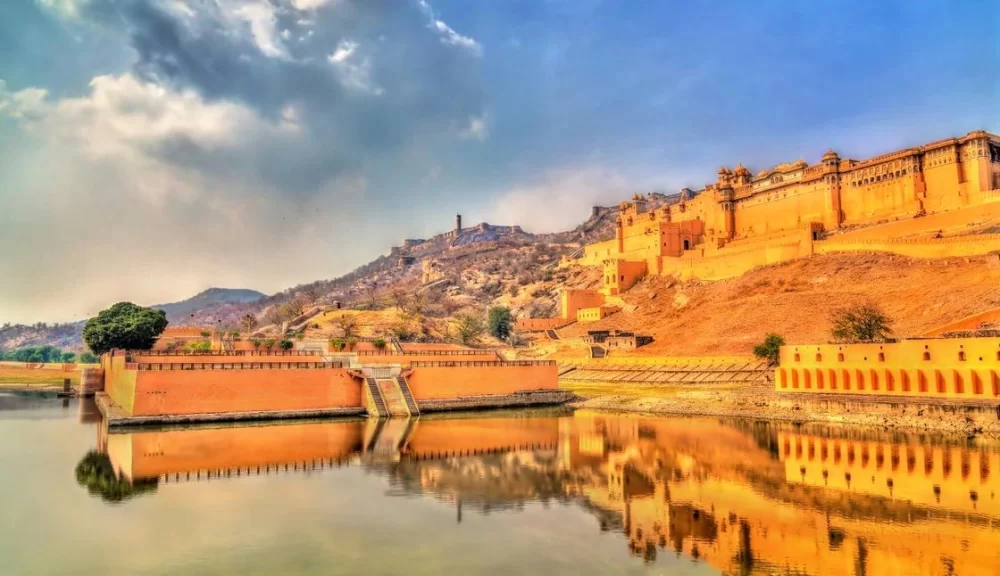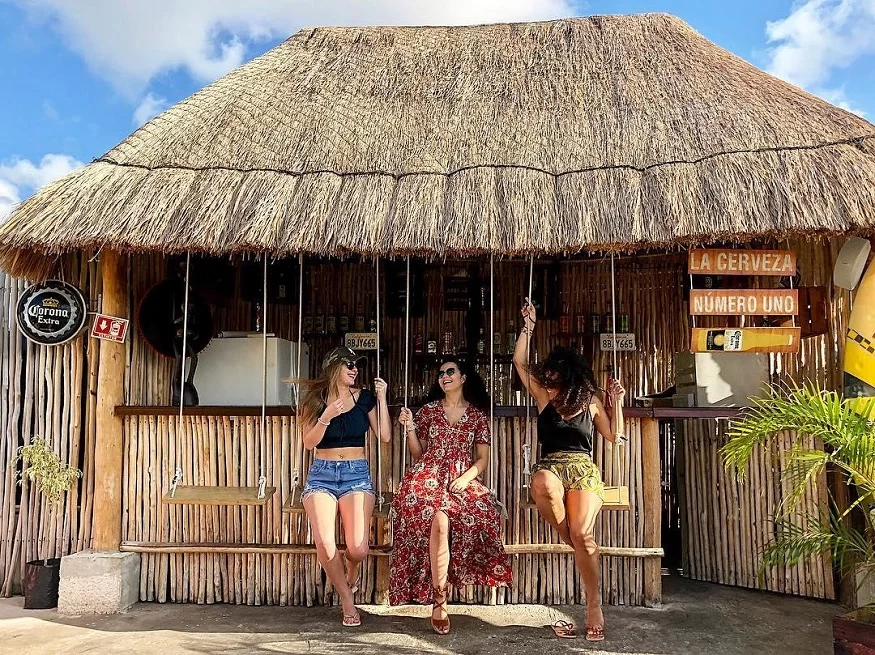Planning Your Dream Trip to Africa on a Budget
- 1. Choosing Your Destination
- 2. The Best Time to Visit Africa on a Budget
- 3. Finding Cheap Flights to Africa
- 4. Budget Accommodation Options
- 5. Affordable Activities and Tours in Africa
- 6. Eating Like a Local: Affordable Dining Options
- 7. Money-Saving Tips for Traveling in Africa
1. Choosing Your Destination
When planning a trip to Africa on a budget, one of the most important decisions you’ll make is choosing where to go. Africa is an incredibly diverse continent, with a wide range of destinations offering different experiences and price points. During my own travels, I’ve learned that some regions are more affordable than others, especially when it comes to accommodation, food, and local transportation.
If you're looking for budget-friendly travel options, countries like Morocco, Kenya, Tanzania, and South Africa tend to offer great value for money. Morocco, for example, is known for its affordable accommodations and food, while Kenya and Tanzania provide incredible wildlife experiences at a relatively low cost. South Africa, with its vibrant cities and beautiful landscapes, offers a variety of budget options, from cheap flights to low-cost excursions.
It’s also helpful to consider whether you’ll be visiting cities, rural areas, or national parks. While safari trips and visits to remote areas can be expensive, cities often offer a wider range of affordable activities and cheaper accommodations. I’ve always enjoyed exploring African cities like Cape Town and Marrakech, where you can enjoy the local culture and food without breaking the bank.
2. The Best Time to Visit Africa on a Budget
Timing your trip can have a significant impact on your budget. During the high season, which typically runs from June to October in many African countries, travel prices tend to spike. However, if you're willing to visit during the off-peak months, you can enjoy more affordable rates for flights, accommodation, and even activities.
In East Africa, for example, visiting during the rainy season (April to June) can result in lower prices, though it's important to keep in mind that some parks and attractions may be less accessible due to weather conditions. I personally prefer traveling in the shoulder seasons, such as March or November, when the weather is still pleasant, and prices are more reasonable. This timing gives you the best of both worlds: affordable travel and good weather for sightseeing and safaris.
3. Finding Cheap Flights to Africa
One of the biggest challenges when planning a trip to Africa on a budget is finding affordable flights. Long-haul flights can be expensive, but with a little research and flexibility, you can secure a deal that fits your budget. I’ve learned a few tricks over the years that have helped me save money on flights.
First, use flight comparison websites like Google Flights or Skyscanner to monitor prices and identify the best deals. Setting up price alerts for specific routes can also help you catch sales. Additionally, booking your flights well in advance can often result in lower prices. If you're flexible with your travel dates, consider flying on weekdays or outside of peak holiday periods to save even more.
Another tip I’ve used is to fly into major hubs like Nairobi, Cape Town, or Marrakech, and then take a budget airline or local transport to your final destination. This can be significantly cheaper than flying directly to remote areas. Connecting flights are a great way to stretch your travel budget while still experiencing multiple destinations in Africa.
4. Budget Accommodation Options
When traveling in Africa, accommodation options can range from budget hostels to luxury hotels. One of the best ways I’ve saved money on my travels is by opting for budget-friendly accommodations like hostels, guesthouses, or Airbnb rentals. Many African cities, particularly in places like Morocco, Kenya, and South Africa, have a range of affordable lodging options that allow you to stay comfortably without spending a fortune.
In some cities, you can find charming boutique guesthouses or eco-lodges that provide a unique local experience at a fraction of the cost of a hotel. Booking your stay in advance, especially during the off-peak season, can also help you secure lower rates. I’ve had great experiences staying in hostels or local homes, where I not only saved money but also got to interact with locals and learn more about the culture.
5. Affordable Activities and Tours in Africa
While safaris and guided tours are a must-do in many African countries, they can also be some of the most expensive activities. However, I’ve discovered that there are plenty of affordable ways to explore the continent’s rich culture, history, and nature. Many national parks and wildlife reserves offer affordable day trips or group tours that are much cheaper than private safaris. I’ve enjoyed several affordable wildlife experiences in Kenya and Tanzania that allowed me to see incredible animals without the high price tag.
In addition to safaris, consider exploring local markets, hiking in national parks, or visiting historical sites. In cities like Cape Town, you can visit the famous Table Mountain for a relatively low fee, or explore the beaches and nature reserves for little to no cost. I also love taking part in walking tours or exploring local neighborhoods, which often offer a more authentic and budget-friendly way to experience the area.
6. Eating Like a Local: Affordable Dining Options
One of the joys of traveling in Africa is experiencing the diverse and delicious cuisine, and the best part is that eating like a local can save you money. Instead of dining in expensive tourist restaurants, I always seek out street food or local eateries that offer authentic dishes at a fraction of the price.
In countries like Morocco, you can enjoy tagines, couscous, and fresh bread at affordable prices from local food stalls. Similarly, in Kenya, I’ve enjoyed affordable meals like chapati, samosas, and fresh fruit from markets. These meals not only satisfy your appetite but also offer a deeper connection to the local culture. Dining in local spots is not only cheaper but often a more enriching experience, as you get to enjoy the real flavors of the region.
7. Money-Saving Tips for Traveling in Africa
Throughout my travels in Africa, I’ve picked up several money-saving strategies that have helped me stretch my budget even further. Here are a few key tips that I swear by:
- Travel by Local Transport: Rather than using taxis or private transfers, I often opt for local buses or trains, which are much more affordable. Not only does this save money, but it also gives you a more authentic experience of how locals travel.
- Shop for Souvenirs at Local Markets: Souvenir shops in touristy areas often mark up their prices. Instead, I recommend shopping at local markets, where you can haggle for better deals and pick up unique handmade items.
- Use Cash: Many local vendors and services operate on a cash basis, and using cash instead of credit cards can sometimes save on transaction fees. I always carry local currency and use ATMs to withdraw cash as needed.
- Travel with a Group: If possible, travel with a group of friends or fellow travelers. Sharing costs for accommodation, transport, and activities can help significantly lower your expenses.
By following these tips, you can experience the beauty and excitement of Africa without worrying about overspending. Africa is an incredible continent with so much to offer, and traveling on a budget makes it even more accessible for everyone.
If you’re ready to start planning your own budget-friendly trip to Africa, visit Rob Travel for more tips, recommendations, and expert guidance to help you make the most of your adventure.






